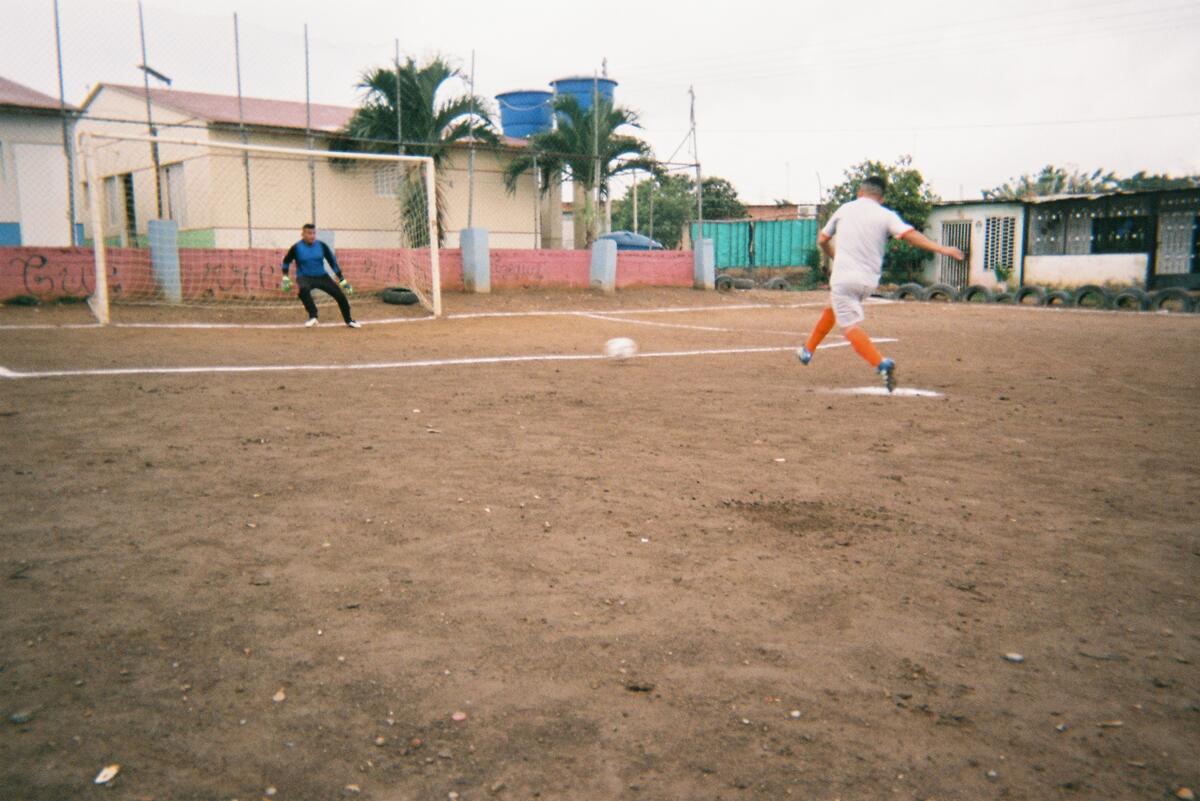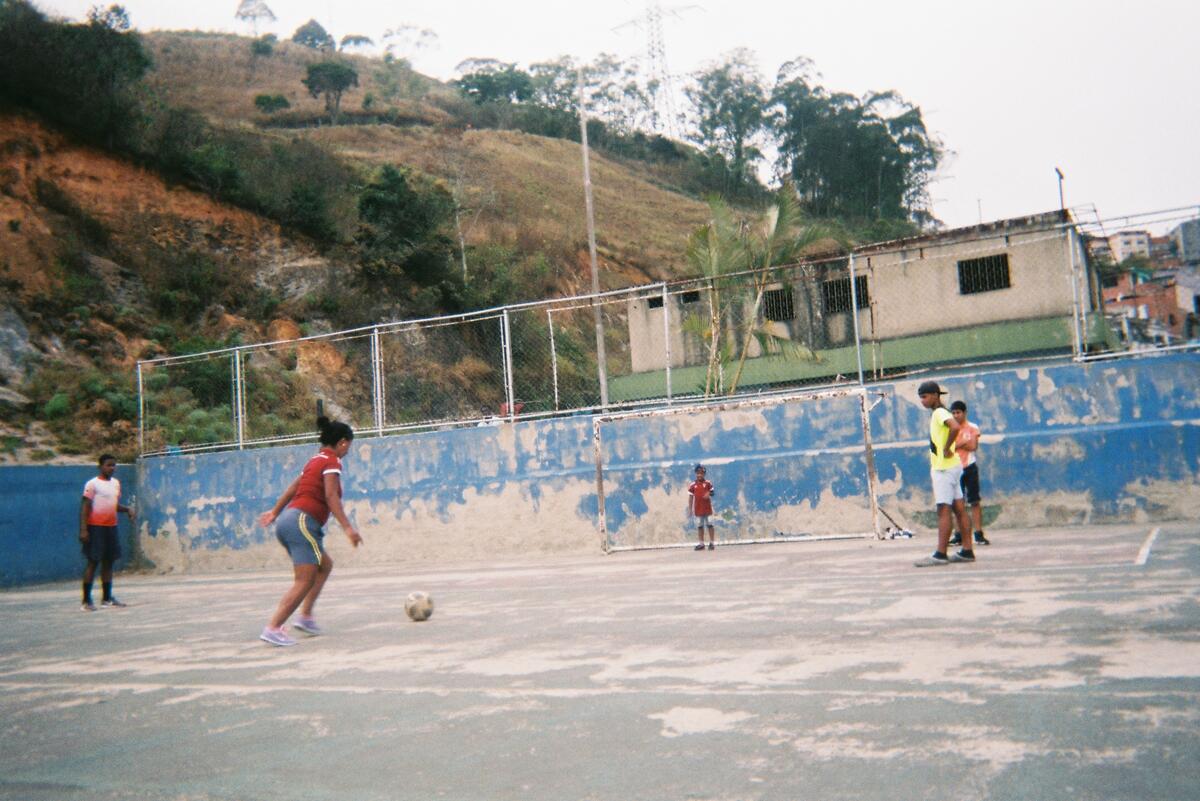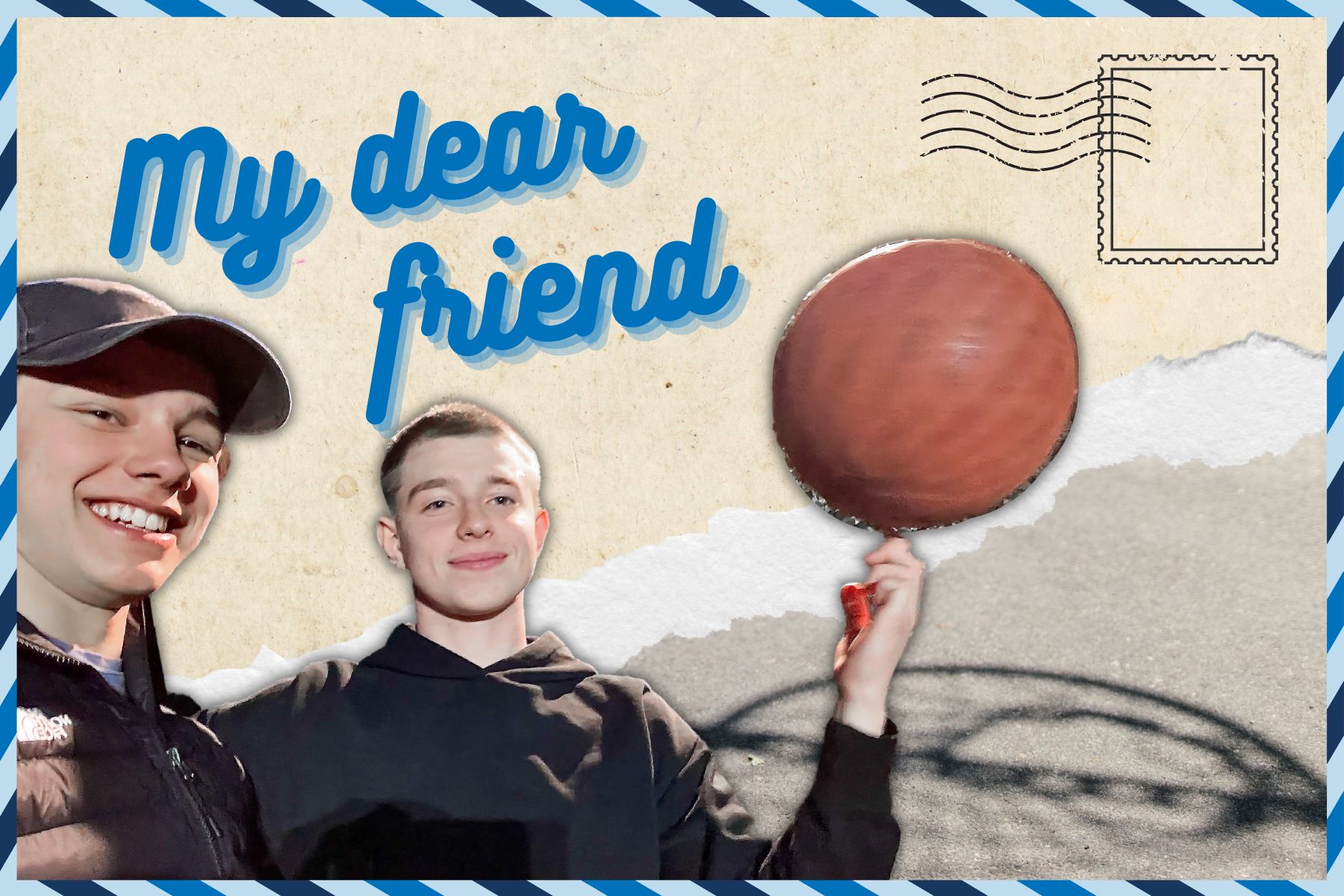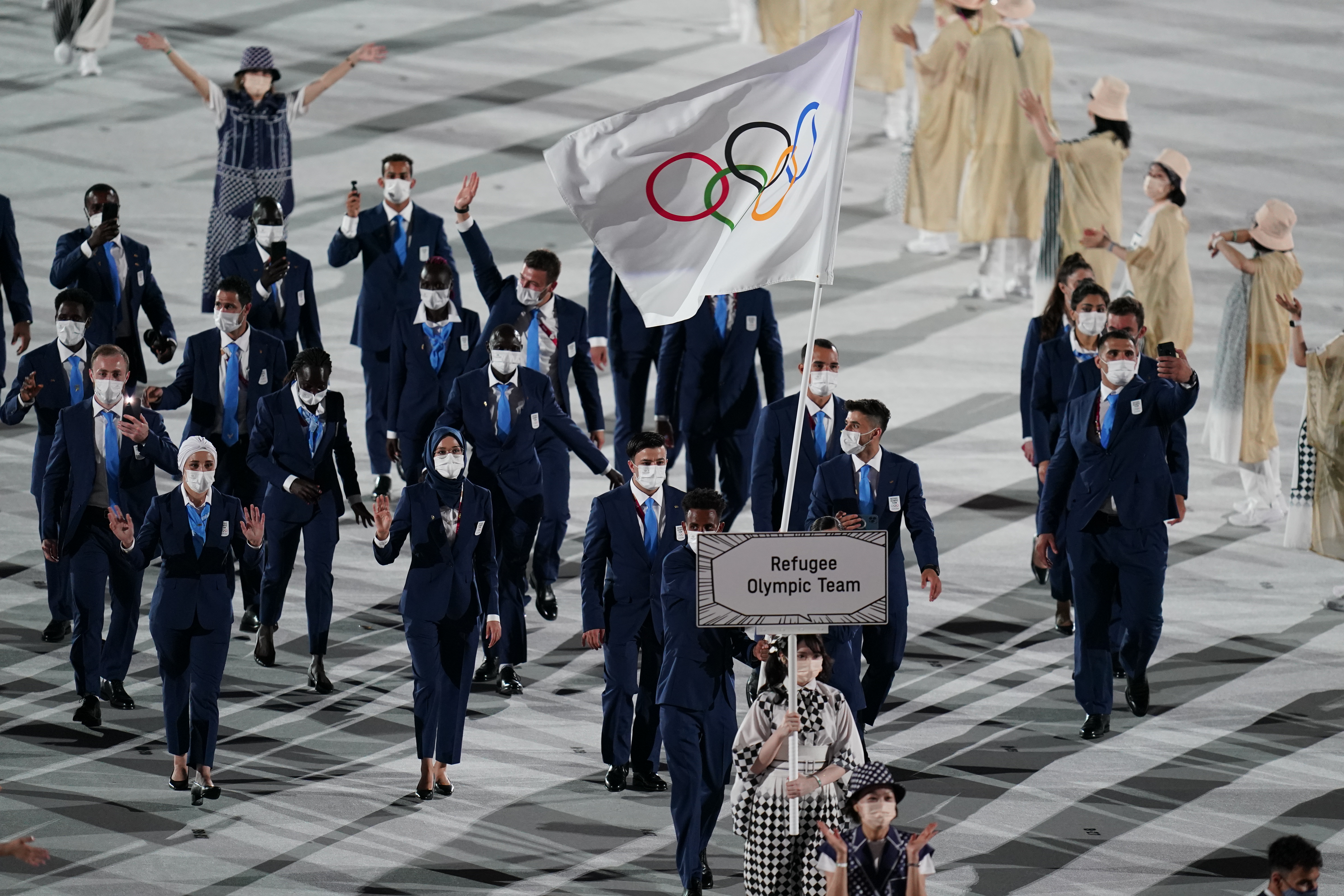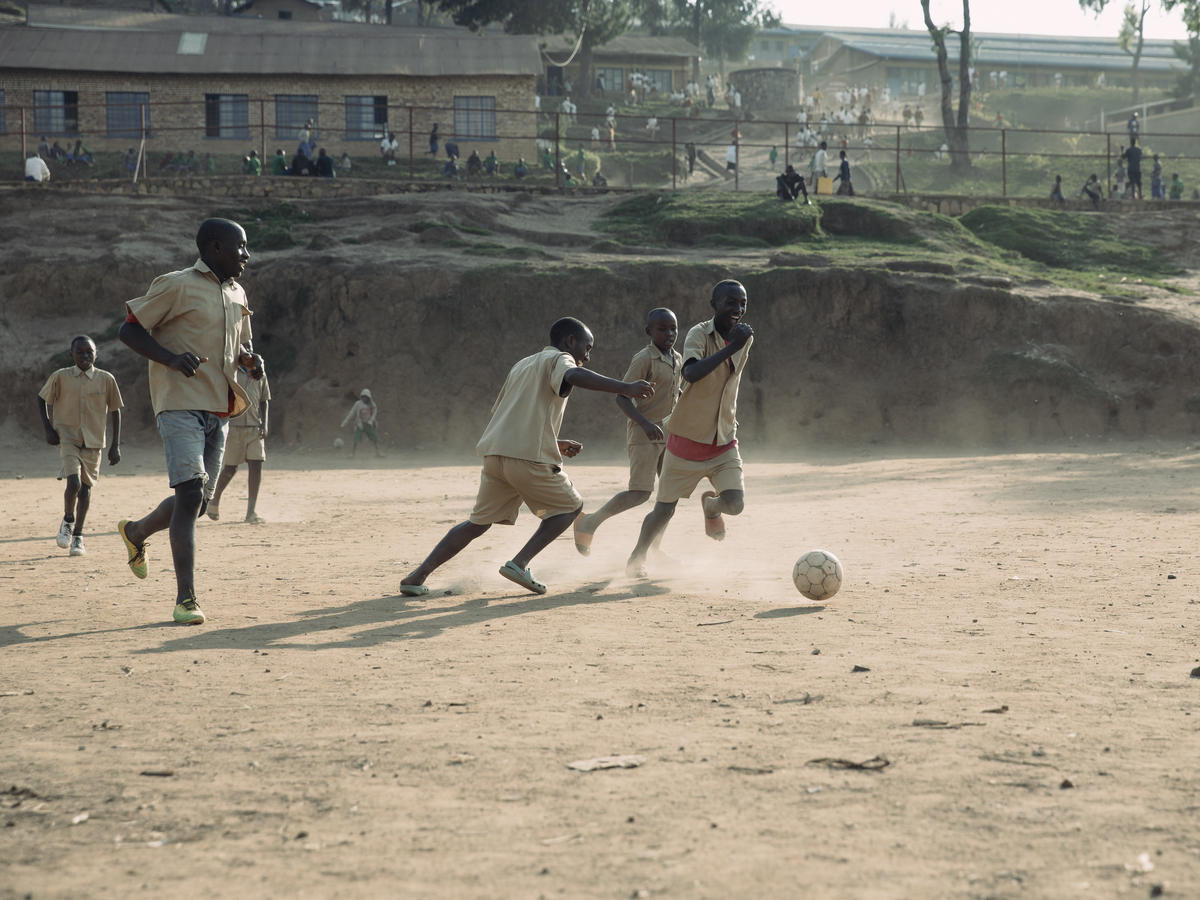Dreams of glory drive Eritrean refugee cycle team in Ethiopia

Dreams of glory drive Eritrean refugee cycle team in Ethiopia
Six young men pedal full tilt through the chaotic traffic in Ethiopia’s capital city, zigzagging between cars and trucks.
The cycle team are childhood friends who got split up when they fled their native Eritrea more than a year ago. Once in Addis Ababa, they found each other again through their love of competitive cycling. Each push of the pedal brings them new hope.
“Cycling is a key part of my life. It’s the exercise – I feel happy and relaxed and don’t think about anything else when riding a bike,” says Filimon, 24. He describes how he learned to ride a bicycle as a teenager back home. “I used to compete with my friends every Sunday in the neighbourhood. My parents also supported me a lot.”
Filimon first arrived in Ethiopia by himself in 2015 and lived in the Main Aini refugee camp, in the northern Tigray region. He later moved to Mekelle where he got the chance to cycle once again.
“I joined a cycling team for six months,” he says. He later moved to the capital, Addis Ababa.
Filimon never imagined that cycling would reunite him with childhood friends. “It happened by chance. We fled for different reasons and at different times, but then found ourselves reunited here in Addis Ababa, thanks to our coach,” says Filimon with joy.
"I feel happy and relaxed and don’t think about anything else.”
While they are from different backgrounds, these motivated young refugees support and inspire each other. “I used to be a professional cyclist.” says Daniel, 24, another member of the team who uses his expertise to train his friends. “This team has become my family. We share everything, including money to tackle our financial problems,” he adds.
Since 2000, Ethiopia has received and hosted almost 170,000 Eritrean refugees, many of whom are children who flee unaccompanied or separated from their families. The Ethiopian Government allows refugees to live outside of camps, in urban settings if they can sustain themselves. Some 20,000 refugees have chosen to live in Addis.

However, access to jobs remains a challenge for most urban refugees. Filimon, Daniel and the rest of the team rely on their families and Ethiopian friends for support. “The entire community is supporting us, especially the person who sells us equipment for half the price,” says Filimon. “He does that because he used to be a refugee himself and understands us.”
In September 2016, Ethiopia made nine significant pledges as part of the New York Declaration for Refugees and Migrants to improve the living conditions of refugees in the country. These include providing work permits to refugees to have access to jobs as any foreigner would. This will be especially helpful for refugees like Filimon and Daniel who struggle to make ends meet.
So far they have only been able to compete in numerous road races within Ethiopia, getting placed first and third in two competitions. But pedaling their aged bicycles, the six friends continue to dream of the day when they can race in international competitions.
“As refugees, it is difficult to cycle internationally because we can neither represent Eritrea nor Ethiopia,” says Filimon. “Our team does not receive sufficient support that we need to perform our best.”

Despite these constraints, the team remains driven and their spirit has inspired their community. Within their three day a week training routine, Filimon, Daniel and the rest of the team are cheered on by Ethiopians as well.
“We share our experience with them and we hope one day we will also become as good in cycling as they are in running,” says Daniel, referencing Ethiopian long distance runners’ strong showing in global competitions.
The friends push through their difficulties together. “You hear of a lot of people moving onwards to other countries to find opportunities. Previous members of our team have gone too,” says Daniel.
“But this is our passion and what we want in life; this is what is keeping us here.” He imagines himself and the team as professional cyclists in 10 years. “If you work hard, you will one day reach your dream. But we need more support.”


